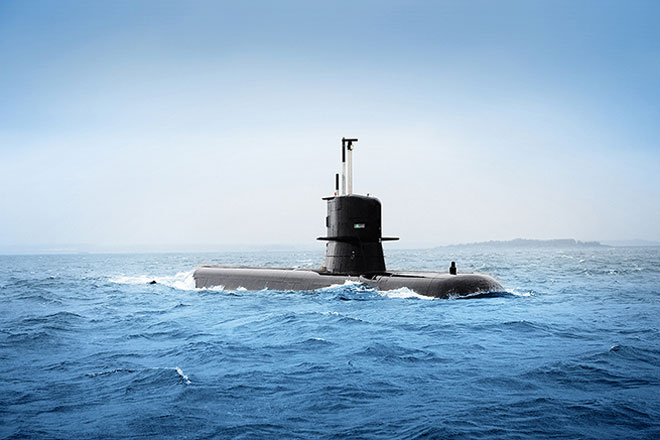The Republic of Singapore Navy (RSN) launched the world’s first Submarine Safety Information Portal which will give real-time information to submarines moving in the region about potential hazards including deep-sea oil rigs. The measure has been taken to ensure underwater safety.
While launching the information portal, Navy chief Rear-Admiral (RADM) Lai Chung Han emphasised that increased regional merchant traffic, vessels with deeper draughts and larger trawlers, among others, are posing a serious threat to underwater safety.
He said, “The steady increase in the number of submarines and submarine-operating countries across the region makes it even more important for information to be shared.”
Pointedly, there has been a spurt in the number of submarines in the Asia-Pacific region as there are over 200 submarines in this area and the number is expected to grow to over 250 by 2030. Singapore has four submarines, with another four slated for delivery from 2021.
According to a news release of the Singapore Ministry of Defence, “This new dedicated portal for underwater safety at the IFC ( Information Fusion Centre) will provide submarine operating centres and submarines at sea with real-time tracking of deep draft commercial vessels and hazards to prevent underwater accidents. These include seismic activities, and real-time movement of deep-sea oil rigs and very large crude carriers.”
Colonel David Foo, Commanding Officer of the Submarine Squadron, compared the new Submarine Safety Information Portal with a Google map of the sea and said, “The portal will help submarines navigate amid unmanned underwater vehicles and warship exercises out at sea.”
The free portal, touted as the world’s first, will be housed at the RSN’s Information Fusion Centre at Changi Naval Base, and builds on the existing database at the centre.
Feedback about the portal will be collated over a year, and the final version will be out in 2019. Other countries are invited to contribute relevant information to the portal.



